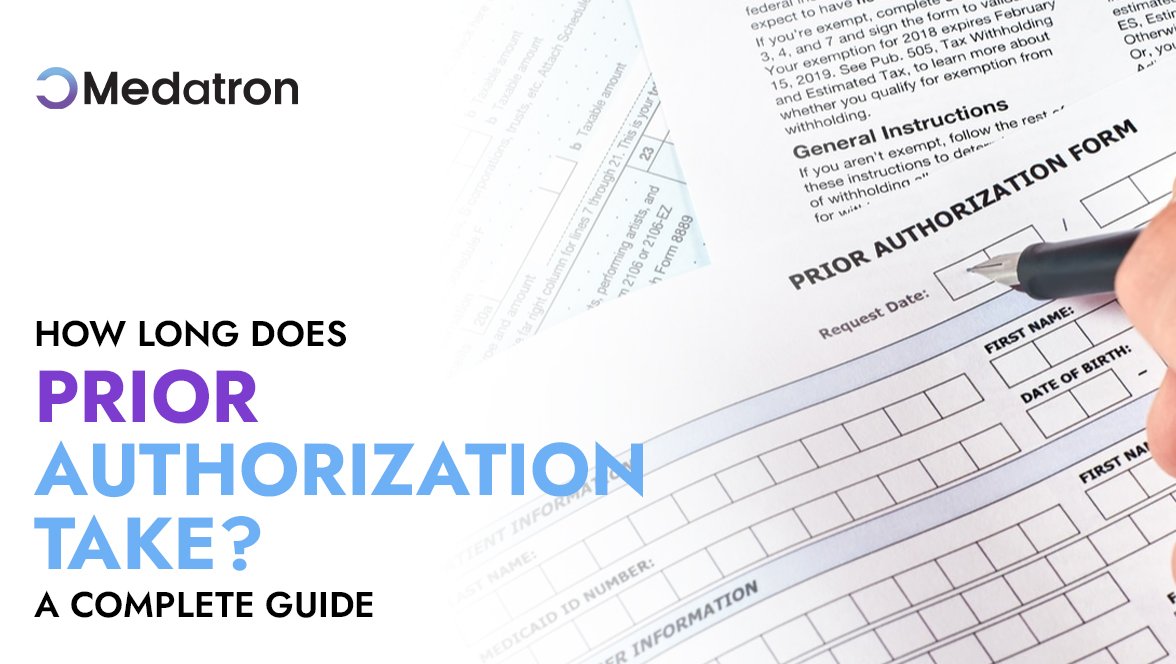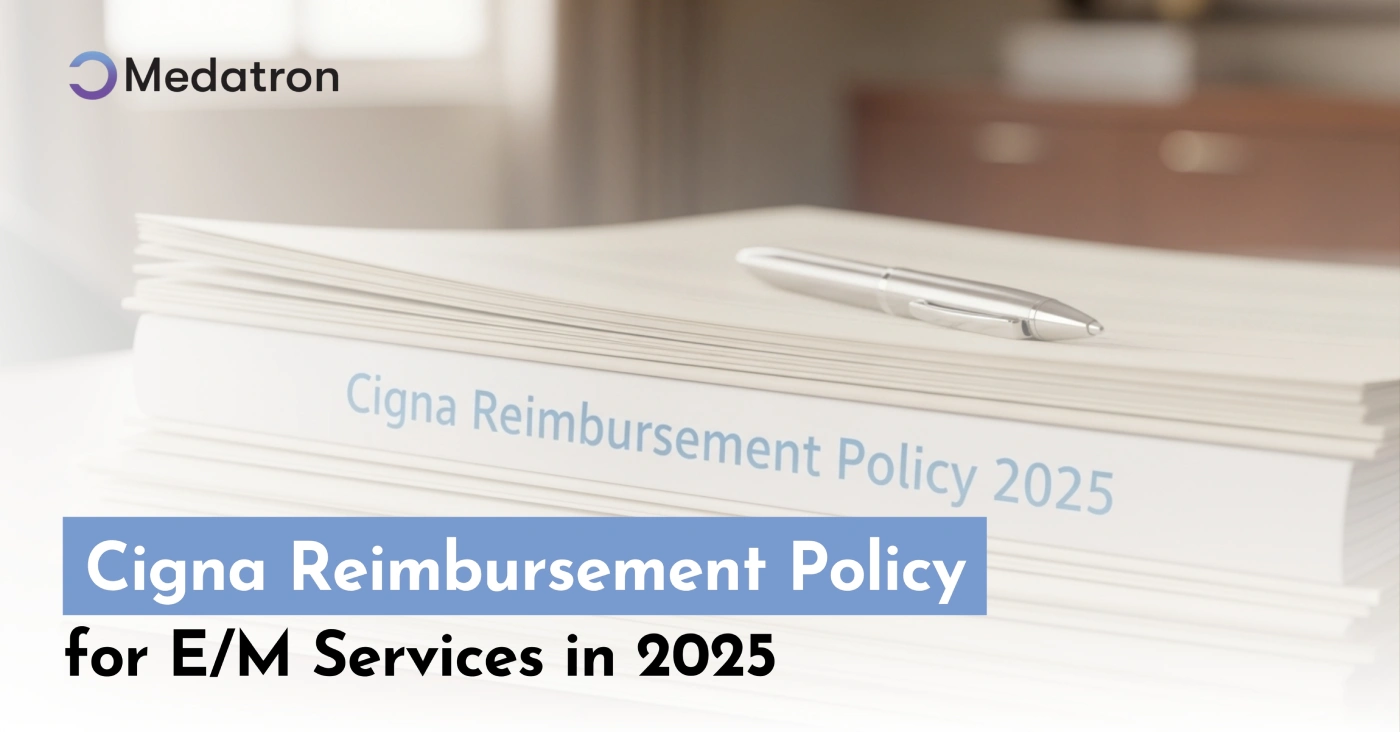Medatron Prior Authorization is a widespread process used in health systems that may significantly influence the treatment timelines of medical services. For an awaiting patient requiring medication or an anxious healthcare provider needing permission for a procedure, learning about the prior authorization process and its timeline can be of great help. This blog will discuss the general timeline of prior authorization denied, factors influencing this process, and some helpful tips for making this process smoother.
What is Prior Authorization?
Health insurance companies require such Medatron prior authorization, also known as preapproval/pre-certification, where certain medications, procedures, or services prescribed must be approved before administration to avoid being given to the patient. In other words, there should be a medical necessity for the prescribed service that the patient’s coverage should carry.
Thus, if not approved, the cost of the service shall be rejected by the insurance company, and therefore, the patient has to pay all the expenses incurred in the service.
Why Do Patients Require Prior Authorization?
There are many reasons for prior authorization. Some of these are given below.
Cost Control: for most patients with healthcare, it is more of a cost-controlling factor since it helps the insurer know whether the drugs are high-cost or if expensive procedures are essential.
Prevention of Misuse: The PA ensures that there is no misuse of drugs by the patient since the medication prescribed or the treatment will meet the needs of the patient’s condition.
Promotion of Alternatives: In other cases, the Medicare Prior authorization process helps to promote cheaper alternatives, such as generics, to be given in place of brand-name drugs.
How Long Does Prior Authorization Take?
The time spent for the prior authorization process will vary depending on numerous factors, including the request’s complexity, the healthcare provider’s responsiveness, and the insurance company’s policies. Below are the typical timelines for different types of prior authorizations:
Routine Prior Authorizations:
Routine prior authorizations take most services 3 to 5 business days. This procedure usually involves the provider submitting necessary documents and the insurer examining whether this service is medically necessary to ensure it is available in their scheme.
Emergent Prior Authorizations:
The process is often expedited when a service becomes urgent, medically necessary, and time-sensitive. Urgent prior authorizations take between 24 to 72 hours. This is, however, under the defined protocols of the insurance company and urgency as defined by the provider.
Medication Prior Authorizations:
The processing time for medications can be more extended than other services depending on the medication type. Drugs that are supposed to receive quicker approval take a few hours, whereas the high-cost speciality drugs take up to 1 week or even more to be processed.
Factors That Affect the Prior Authorization Process
Some factors might influence the period expected for one to acquire prior authorization;
Type of Service or Medication:
In such cases, the length of the process may be increased further because of the details required for complex procedures or costly drugs. Example: Elective surgeries or special medications may take more time. These also require extra documentation to be prepared.
Completeness of Documentation:
The most common reason for a delay in the prior authorization process would be incomplete or incorrect documentation. If essential information were not provided at the time of initial submission, then the insurance company would ask for more details from the provider, which would require a longer time for approval to be released.
Insurance Company’s Process:
The approval time and process will vary from one insurance company to another. Some are automatic, while others are much more manual.
The period the health care provider takes to submit the request for authorization and respond to further requests for information also determines the time required. When a provider takes time to submit the necessary documentation, the process will take longer.
Appeals Process:
If the initial authorization request is declined, it can be appealed, further delaying the entire process. Appeals are processed within days, weeks, or even more, time based on the case complexity or other procedures by the insurer.
Ways to Speed Up the Prior Authorization Process
Although there will be times when delays occur, patients and providers can still accelerate some of the prior authorization processes:
Submit Complete Documentation
Issue all requisite documents such as medical history, test reports, and doctor’s remarks at the time of application. This way, there is no chance of delaying claims for wanting some information.
Regular Follow-Ups
The provider and the patient should also trace a follow-up with the insurance company to check the status of the request for prior authorization. Periodic follow-ups will prevent the request from getting lost in the system and identify any problem early.
Coordination with Experienced Providers:
A seasoned healthcare provider has processes in place that streamline the authorization process. Choose providers that are aggressive at ensuring that documentation is taken care of and stay abreast of communications with the insurance companies.
Use Electronic PA Systems:
Some insurance companies and medical providers utilize electronic prior authorization (ePA). Electronic PA systems can reduce the time taken to approve authorizations. The system is more efficient at submitting and processing requests.
Plan Ahead
Patients seeking non-emergency services or medications should prepare in advance if they have sufficient time to approve prior authorization. At this point, the patient can start making an authorization application earlier than before without delay in the treatment.
What happens If the prior authorization process is declined?
If a prior authorization denied, a patient or provider may apply to appeal. Such appeals typically come as additional documentation or a letter written by a provider explaining why a service is necessary. Many services of prior authorization denied for various reasons. These include:
- The service is not covered under the patient’s insurance plan.
- The insurance company finds that the service is medically unnecessary.
- Documentation was insufficient to support this request.
- Closing an appeal can take 2 to 4 weeks to reach an outcome.
Conclusion
Waiting time for pre-authorizations is unpredictable and varies with the complexity of the service required, how prompt the healthcare provider will be in responding, and the insurance company’s policies. Routine authorizations average 3 to 5 business days, whereas urgent requests average within 24 to 72 hours. Preparation, complete submission, and follow-up with the insurance company will correspondingly reduce delays.
This is important for allowing authorization if the authorization request is denied: one can appeal the outcome and provide additional evidence supporting their case. In Medatron, a more proactive process will ensure that appropriate access to necessary medical services and treatments occurs within a reasonable time frame. Visit our website https://medatron.co/prior-authorization/ to get benefit from our efficient Prior Authorization service to avoid costly claim denials.







